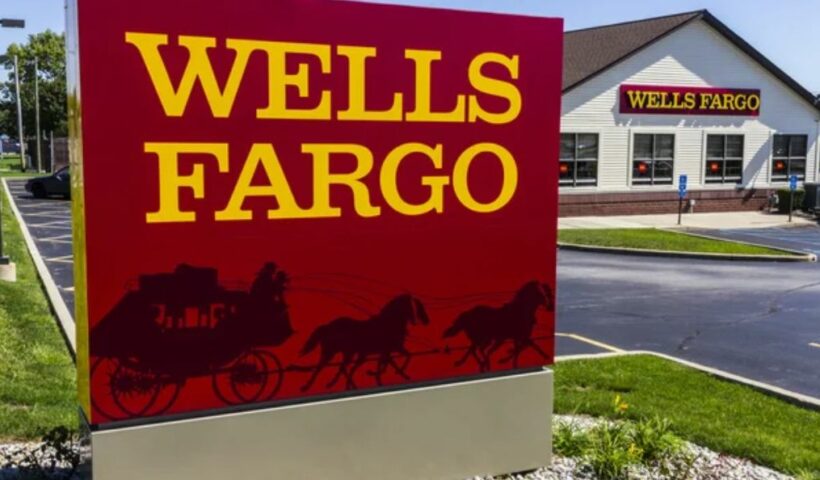Discover five promising Chinese stocks that are entering a favorable buying range, including Alibaba, Tencent, JD.com, Baidu, and Pinduoduo. These stocks offer investors a chance to capitalize on China’s economic growth and technological advancements.
View More China Stocks: 5 Promising Picks Enter Favorable Buying RangeCategory: News
Binance Introduces Bixel: An Innovative AI NFT Generator
Discover how Binance’s Bixel is revolutionizing NFT creation. This AI-driven platform eliminates technical barriers, making NFT generation accessible and efficient. With personalized features and integration with Binance Smart Chain, Bixel is shaping the future of AI-driven NFTs.
View More Binance Introduces Bixel: An Innovative AI NFT GeneratorWells Fargo Stays Neutral on McDonald’s (MCD) Stock
Wells Fargo Stays Neutral on McDonald’s (MCD) Stock
View More Wells Fargo Stays Neutral on McDonald’s (MCD) StockYuga Labs Aims to Engage Bored Apes with New Otherside Demo
Yuga Labs unveils Otherside, a new demo for Bored Ape Yacht Club (BAYC) owners to animate their NFTs, adding interactivity and customization to the NFT space.
View More Yuga Labs Aims to Engage Bored Apes with New Otherside DemoSavers Value Village Stock IPO: Trading Debut Sees Slump
Savers Value Village Stock IPO: Trading Debut Sees Slump.
View More Savers Value Village Stock IPO: Trading Debut Sees SlumpForecasting Investor Expectations for H2 2023
Anticipating Investor Sentiment for H2 2023: Key Insights and Forecasts
View More Forecasting Investor Expectations for H2 2023Understanding Subsidized vs. Unsubsidized Student Loans
Understanding Subsidized vs. Unsubsidized Student Loans Subsidized and unsubsidized student loans differ in terms of interest accrual and eligibility requirements.
View More Understanding Subsidized vs. Unsubsidized Student LoansPredicting U.S. Bancorp Stock Performance: Expert Analysis
U.S. Bancorp stock performance has been the focus of many investors in recent years. In this article, we will analyze the bank’s financials and market trends to predict its future performance. Our expert analysis will provide insights for investors looking to make informed decisions about their portfolios.
View More Predicting U.S. Bancorp Stock Performance: Expert AnalysisTechnology’s Role in the Future Boardroom
As technology continues to advance, its role in the boardroom is becoming increasingly important. From virtual meetings to digital documentation, technology is changing the way that boards operate and make decisions. As such, it’s crucial for businesses to embrace technology in order to stay competitive and adapt to the rapidly evolving business landscape. In this article, we’ll explore some of the key ways in which technology is shaping the future of the boardroom and how businesses can prepare for the changes ahead.
View More Technology’s Role in the Future BoardroomBlockchain’s Environmental Footprint: A Comprehensive Analysis
Blockchain has been hailed as a game-changer for industries all over the world. But as the technology becomes increasingly widespread, questions are being raised about its environmental impact. A comprehensive analysis of blockchain’s environmental footprint is necessary to understand its true cost.
View More Blockchain’s Environmental Footprint: A Comprehensive Analysis









